Anti-racist hiring practices and our collective responsibility in this moment
Talent Beyond Boundaries envisions a future in which refugees and displaced people can leverage their skills to move to secure futures. Our work is to identify and overcome the systemic barriers that prevent refugees from doing so.
The systematic oppression of black and Indigenous people and people of color are unequivocal barriers to the future we envision.
Long histories of racism, colonialism, and white supremacy affect who is recognized for their skills, who is hired, who can migrate, who is supported to thrive on the job, and who is permitted to live in peace and security.
The Black Lives Matter movement and solidarity movements around the world are an urgent and powerful call to action. We recognize that many in our leadership and staff are the holders of immense privilege on the basis of race, nationality, and more, and have benefitted from those very same systems that lead to marginalization, exclusion, and violence against black and Indigenous people and people of color.
For employers, including ourselves, these movements should spark reflection and action to ensure hiring, workforce planning practices, and our organizational cultures are inclusive and proactively anti-racist.
Key lessons for employers and ourselves
Through our program we are working with a wide range of employers across the world taking action towards inclusivity, including through hiring refugees at entry and senior levels via labour mobility. Here are some of the other important steps they’re taking that we ourselves and employers worldwide can learn from:
Rethink common wisdom on resumes:
Standard practice dictates we should look with skepticism at resumes that have ‘gaps’ of unemployment or that show candidates ‘jumping around’ to multiple jobs. By doing that, we often fail to understand the circumstances from which people are coming. Systemic labour market exclusion or disruptive life circumstances can result in extended periods of transition and unemployment -- these resumes may well be telling stories of outstanding resilience.
Evidence also shows that removing names, gender, and dates from resumes at early stages of recruitment is key to minimizing opportunities for bias and can result in a more equitable hiring process.
Hire on potential:
When employers only look to past experience in a similar organization or in a certain country to determine fitness for a job, we pass over candidates with profound potential but who have had fewer opportunities to gain that experience. Hiring on potential recognizes the unique capacity of candidates to adapt and grow on the job.
Build new talent pipelines:
Creating intentional partnerships with a range of organizations or educational institutions helps employers look beyond our own networks and consider a more diverse pool of qualified candidates. Hiring by referral and building pipelines based on who is already within our circle often results in a more homogenous and exclusive workplace.
Set hiring targets:
Like anything in business, if we seriously want to achieve something, we need a target. Setting concrete recruitment targets that are backed up by accountability mechanisms, or embedding diversity targets into our key performance indicators for individual managers and the organization can help turn our commitments into reality.
Make inclusion a priority in the workplace:
We’ve seen employers foster inclusion and anti-racism in dozens of ways – through allowing flexible hours, supporting prayer in the workplace, assigning mentors, supporting safe spaces to talk about diversity, race and racism in the workplace, and more. We’ve also seen employers supporting employees to live their values and show solidarity by endorsing movements like Black Lives Matter.
Our responsibility
We at TBB are proud our program is a resource for employers seeking to put their values into practice. As a small organisation and employer ourselves, we must also continually apply these lessons for ourselves.
We can and must do more to articulate and enact our own commitment to anti-racism and anti-discrimination through our hiring, organizational culture, governance, and partnerships. We can and must ensure that our organization reflects our mission and values not only in our programs but in all aspects of our work, including by centering the voices and drawing on the skills of those with lived experiences of displacement.
We have tremendous gratitude for the partners and individuals who will support us in our growth, and we look forward to updating our community on the concrete steps we take in the months ahead.

